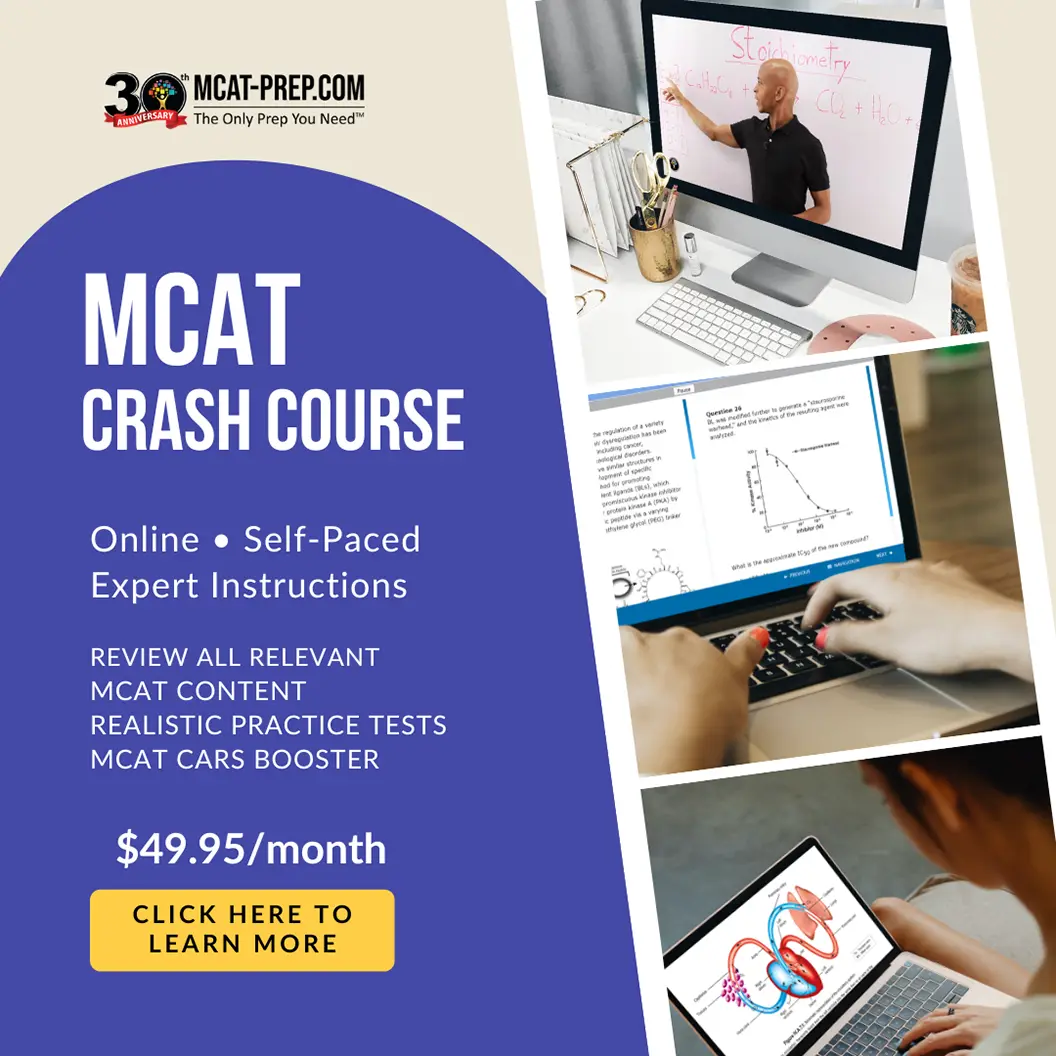Some Words of Encouragement for Premeds
Some Words of Encouragement for Premeds
- March 25, 2024
The medical school application and admission process is a lot about confidence. And you build that confidence by learning as much as you can about the process. This involves reading about the different medical schools that interest you, checking their websites, emailing their admission offices and clarifying any remaining questions or concerns you may have. You must also pay attention to the varying importance medical schools place on your academic performance, like your cumulative GPA, science GPA, and MCAT score, as well as your non-academic performance, like your letters of recommendation, volunteering experiences, and extracurricular activities. When selecting the medical schools that you would like to apply to, make sure that you consider each school’s regional considerations and residency preferences. Consulting the AAMC’s Medical School Admissions Requirements, or MSAR, and the Official Guide to Medical School Admissions can help with this.
After determining the grades and MCAT score you need to be accepted to the medical schools of your choice, focus on exceeding those numbers (Average MCAT Scores and GPAs in the U.S. and in Canada). At the same time, do not forget to maintain or develop your non-academic activities. Throughout the process, you must continue to prepare, learn, read, and practice like your future career depends on it -- because it does.
You should also consider bookmarking this blog and referring to it often, for we will address the entire medical school admissions process, dissect the MCAT exam, and discuss clear plans you can follow to excel on your path to becoming a physician. We will also highlight the non-academic aspects of the admissions process, explore the medical school interview, explain the importance of the personal statement and letters of recommendation, and everything in between!
Since the medical school admissions process is imperfect, it will continue to undergo change. Therefore, this blog will help prepare you to change along with the admissions process. After all, the greatest factor affecting your chances of being accepted to medical school is YOU. The quality of your application does not depend on anyone else. There is no perfect candidate, but you must strive to excel in the various aspects of the application. There are more than 20 000 positions in U.S. and Canadian medical schools available each year. There is enough room for both sexes, all religions, all races, and for great diversity in culture and experience. Use your unique experiences to clarify your decision to pursue medicine as a career. Once this is done, buckle up, and enjoy the ride...By the way, you’re driving...

The New MCAT Masters Series: Learn, Review and Practice to get a Higher MCAT Score!
Coming in 2025: The most comprehensive and advanced MCAT books




